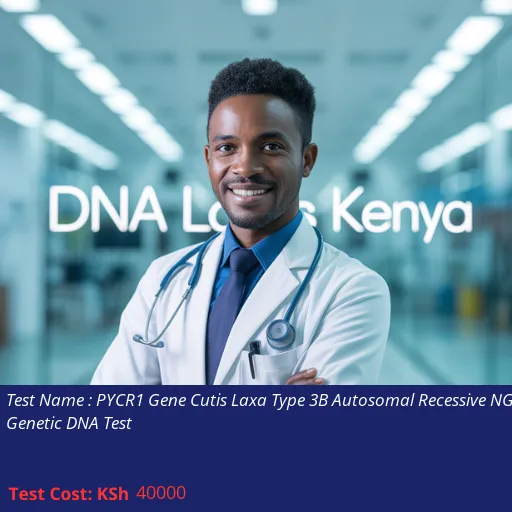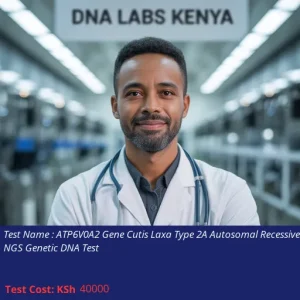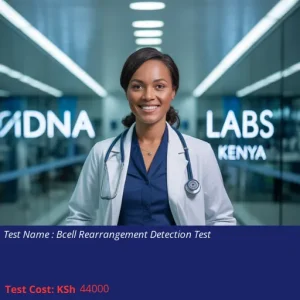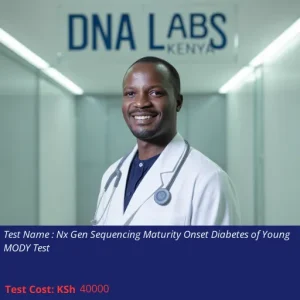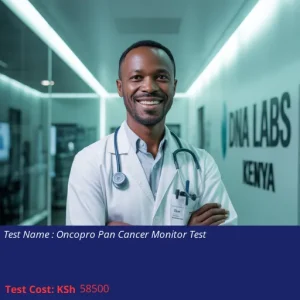PYCR1 Gene Cutis Laxa Type 3B Autosomal Recessive NGS Genetic DNA Test
Introduction
The PYCR1 Gene Cutis Laxa Type 3B Autosomal Recessive NGS Genetic DNA Test is a cutting-edge diagnostic tool that helps identify genetic mutations associated with Cutis Laxa, a disorder affecting connective tissues. This test is crucial for patients displaying symptoms of skin laxity, joint hypermobility, and other related conditions. Understanding your genetic makeup can provide insights into your health and guide treatment options.
What the Test Measures
This test specifically detects mutations in the PYCR1 gene, which are responsible for Cutis Laxa Type 3B. By utilizing Next Generation Sequencing (NGS) technology, the test offers a comprehensive analysis of the genetic material, ensuring accurate identification of any mutations.
Who Should Consider This Test?
- Individuals with symptoms of connective tissue disorders such as skin laxity or joint hypermobility.
- Family members of patients diagnosed with PYCR1-related conditions.
- Patients with a clinical history suggestive of genetic disorders.
Benefits of Taking the Test
- Accurate identification of genetic mutations to inform treatment options.
- Helps in understanding the risk of passing the condition to offspring.
- Guides management strategies for symptoms associated with Cutis Laxa.
Understanding Your Results
Upon receiving your results, our genetic counselors will provide guidance on the implications of your findings. Understanding your genetic profile can empower you to make informed decisions about your health and lifestyle.
| Test Name | Discount Price | Regular Price |
|---|---|---|
| PYCR1 Gene Cutis Laxa Type 3B Autosomal Recessive NGS Genetic DNA Test | 40,000 KSh | 56,000 KSh |
Booking Your Test
We have branches across Kenya, including Nairobi, Mombasa, and Kisumu, and offer a convenient home sample collection service. To book the PYCR1 Gene Cutis Laxa Type 3B Autosomal Recessive NGS Genetic DNA Test, please call or WhatsApp us at +254746286171. Our team is ready to assist you in every step of the testing process.
Pre-Test Instructions
Prior to taking the test, ensure you have a detailed clinical history. A genetic counseling session is recommended to draw a pedigree chart of family members affected by the PYCR1 gene.

